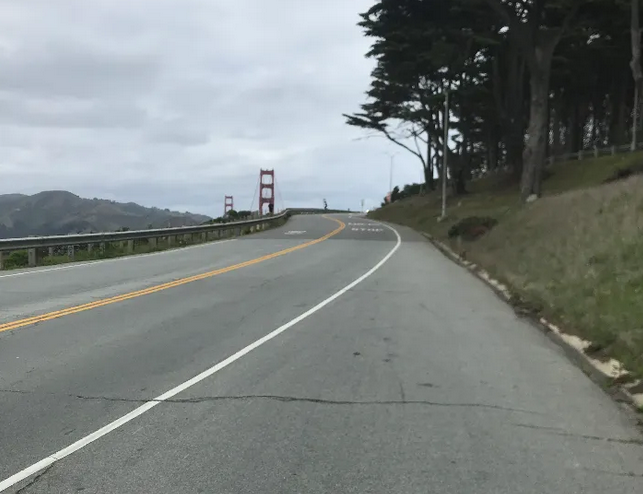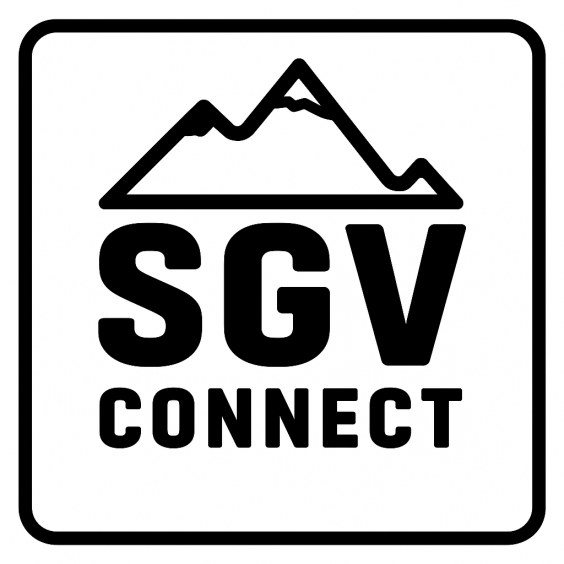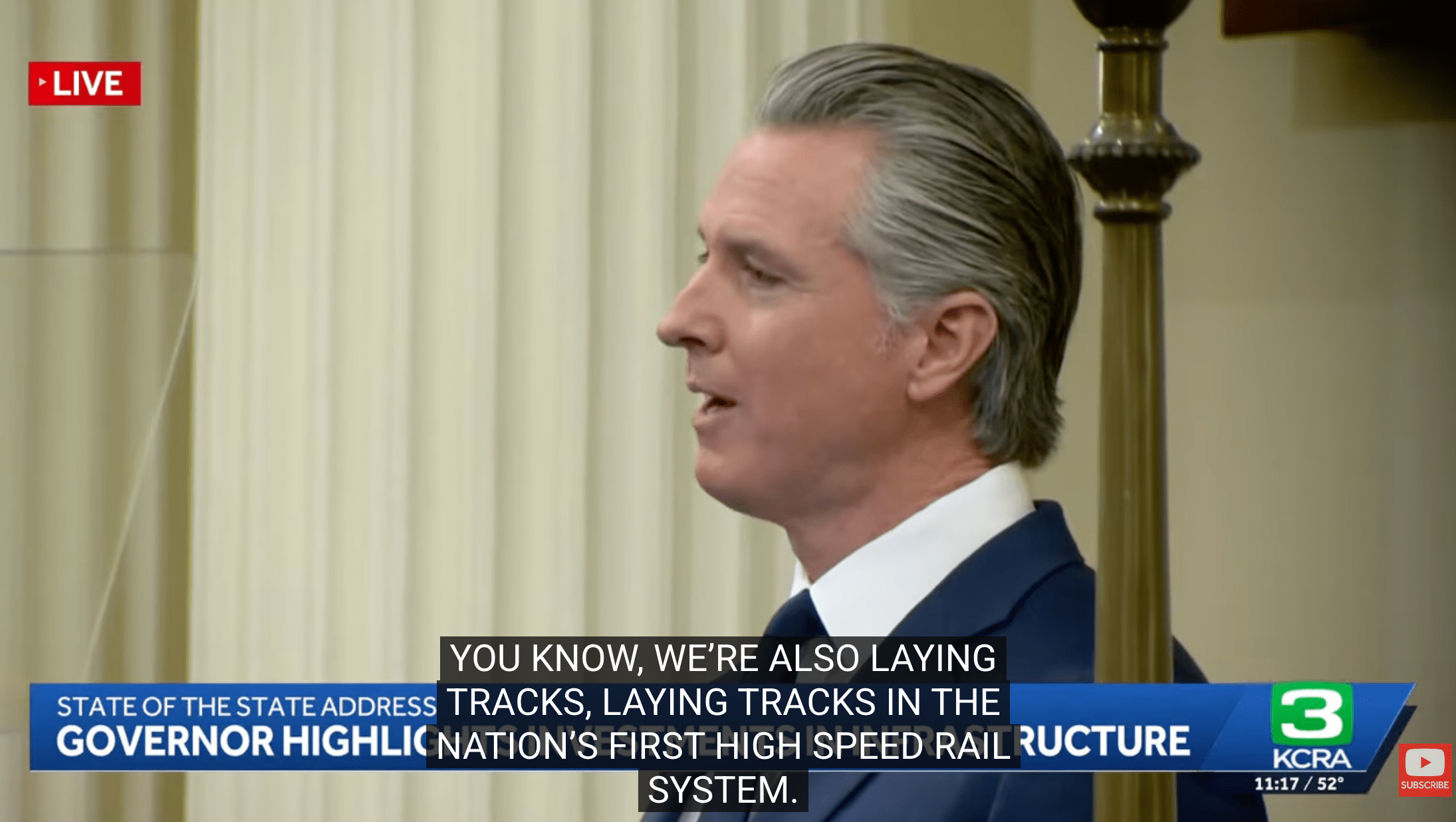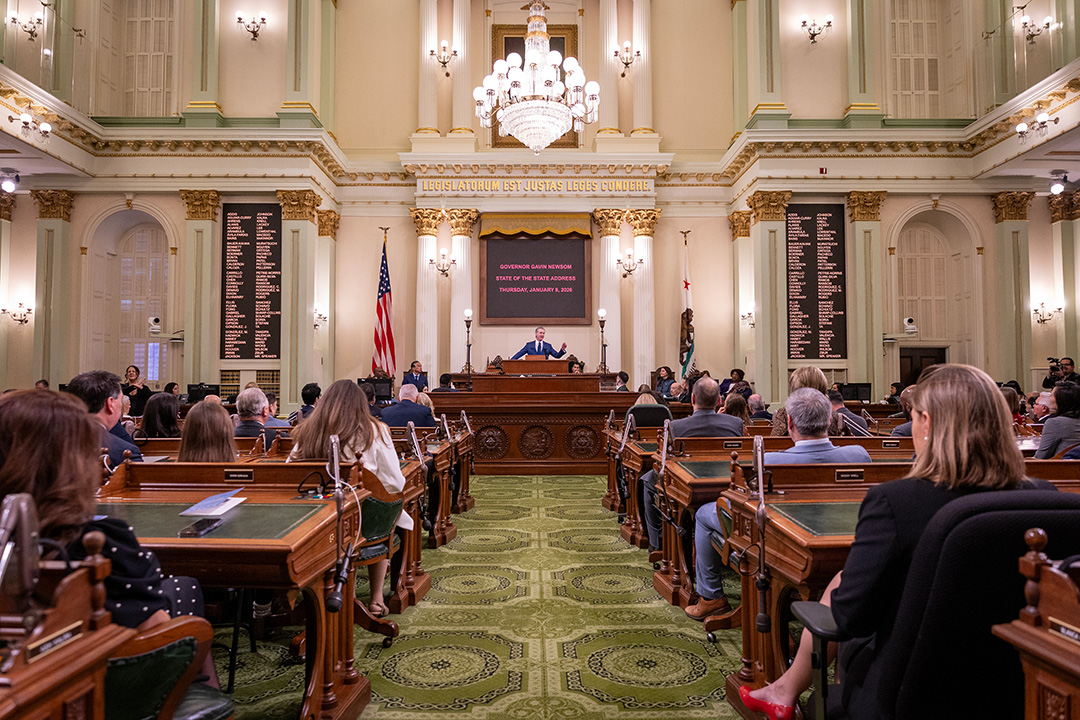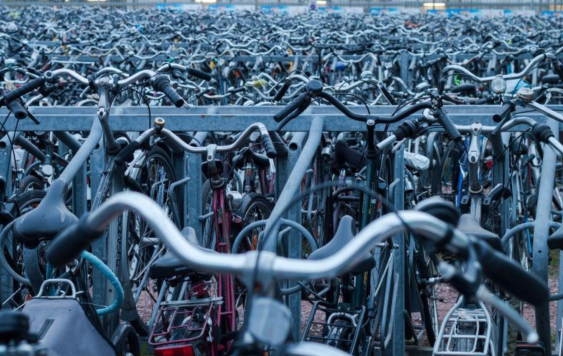It’s bizarre to fight for years for car-free streets and then, overnight, get them.
That’s the reality of biking during San Francisco’s ‘shelter-in-place’ order, which bans all non-essential travel, but exempts walking and cycling for exercise. While this is the case, biking around the city is a remarkable experience, filled with the bliss of light vehicle traffic, but also constant reminders of the bottom falling out of our economy and many of our neighbors’ livelihoods.
Leaving my apartment in Potrero Hill I cut through the Mission District on my 2010 Trek bicycle. Normally home to bustling streets, and smells of pupusas, enchiladas, and tamales wafting from restaurants, I now ride past closed storefronts (some boarded up), empty offices, and vacant sidewalks. Gone are the commuters, the schoolchildren, and the residents enjoying the ephemeral sun on public plazas. A weekday at 3 PM can now be easily confused for early Sunday morning. It’s as if the day never fully begins, but is instead frozen in its first, quiet act.
The contrast becomes even more stark as I work my way downtown, where five-lane streets carry one or two cars, max, and shimmering glass towers stand lifeless like a post-wildfire forest. The monuments built by Facebook and Salesforce are empty save the security guards in the lobby, and the occasional employee wheeling a desk chair to their car to update their recently-arranged home office. As jarring as all of this is, I would be lying if it didn’t feel incredible from the strict vantage point of cycling. I no longer ride with even a modicum of anxiety; I can switch lanes, stop in place, and even zig-zag my way across a wide street without fearing Ubers swooping into the bike lane or angry commuters not honoring my right to use the full lane. With traffic levels at all time lows, the automobile’s absence creates striking visuals as to how much public space we give them, and how little to cyclists. Freed from being confined to my three feet (if that) of painted bike lanes, I can ride at whatever pace I want, make turns without worry, and breathe the cleanest air I’ve ever experienced in San Francisco.
All of this, though, comes at a steep and devastating price. Every school is closed, and all businesses outside of grocery stores, pharmacies, hardware stores, and restaurants (take-out only) are shuttered. Tens of thousands of residents are going without paychecks, have been laid off, and are scrambling to maintain health insurance and other critical benefits for themselves and their families. Worst of all, 131 San Franciscans have now tested positive for the coronavirus. These consequences are all palpable as I leave downtown and ride up Columbus Ave toward North Beach and the Marina, a road that during normal traffic levels I would never take. Stella’s, my favorite dessert shop has closed completely (as have many food establishments and cafes), and construction sites (building our desperately-needed housing) now are fenced off and idle. As this street brings me to the Marina, Fort Mason, and the Presidio, I’m surrounded by flocks of other cyclists, runners, walkers, and parents with children. Because there is no where other than home we can be inside, we’ve all made for San Francisco’s open spaces, parks, and waterfront. Seeing these places thronged with my neighbors is – like the lack of automobiles – a welcome sight, but it comes with an asterisk, a reminder that all is not right in our city or our world.
As I curl past Baker Beach, and climb up through Lands End toward the Great Highway, I’m completely alone, save for a golden eagle that glides twenty feet over my head. It’s a wonderful combination of solitude and beauty and peace that I never want to end. This experience of an entire metropolis open to the bicycle and free from traffic is a bit like the famed tale of the Monkey’s Paw. In that short story, a family receives a talisman that purportedly grants wishes. The characters soon learn that each wish is only granted via the most horrible of ways, such as receiving a large sum of money asked for because one of the children is killed at his factory, and the company pays out exactly that amount as a severance. So it is with San Francisco under quarantine; we have been given everything that bicycle advocates have asked for, but only because of a reality none of us would have ever sought.
My university having transitioned all instruction to video conferencing for the rest of the semester, I have nothing to do now but shelter in place at home. My lone trips outside of my apartment are on my bike, through city streets I have always wanted, but only because of a crisis I would have never wished for. Each ride is a paradox, both joyful and utterly sad.
Marcel E. Moran is a PhD student in the the department of city and regional planning at UC Berkeley.
